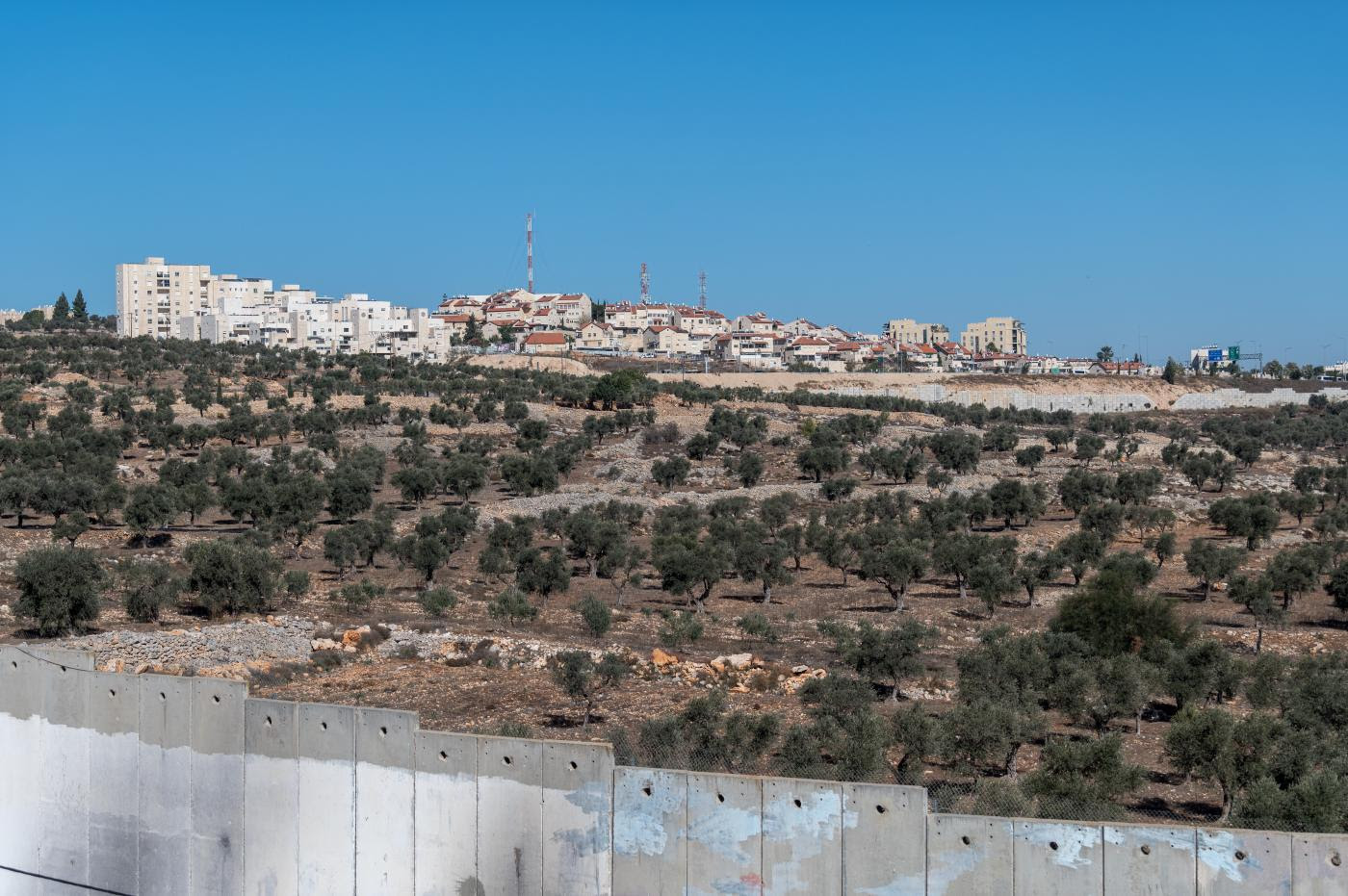Overall, no less than 20,000 structures in East Jerusalem have demolition orders, but the exact number is impossible to ascertain because demolition orders are often challenged and are either upheld or frozen in court before implementation. These practices are adding to the numbers of dispossessed Christian Palestinians in the Holy Land, particularly those living in the valley of Al-Makhrour and the neighboring Beit Jala, which is part of the greater Bethlehem area. Rev. Dr Kenneth Mtata, WCC programme director for Public Witness and Diakonia, said: “The World Council of Churches takes the position of international law: that settlements are illegal, and that construction must stop immediately,” he said. “Settlement expansion must stop in the territories occupied since 1967. We must pave the way for meaningful negotiations between Israelis and Palestinians in which both sides enjoy an equal measure of justice, security, and peace.” Mtata added: "Settlement construction undermines trust and prevents the realisation of a mutually acceptable solution.” How confiscation happens The Civil Administration, which is the Israeli military branch that administers the West Bank, decided to confiscate 600 dunums (148 acres) of Palestinian land, near Bethlehem, for the purpose of expanding Israeli settlements and their connectivity to Jerusalem. The land in question includes Al-Makhrour area, home to no less than 200 Palestinian families. An ongoing Save Al-Makhrour campaign is urging people to pray and act. “It is more than time for people of faith and goodwill around the world to act; those whose hearts are for justice must stand alongside those who are threatened and who may lose everything,” the call reads. “All religions are united in calling for the protection of the vulnerable.” Approximately 91% of the Makhrour land belongs to Christians. In addition, the confiscation includes land that belongs to the village of Battir, home to 5,300 Palestinians, recognized by UNESCO as a cultural heritage site due to its ancient buildings and artifacts. While the land to be confiscated is in the West Bank, highways and tunnels were constructed nearby already. The aim is to create geographic continuity between Jerusalem and 14 settlements in the Gush Etziyon block near Hebron. In an interview with the World Council of Churches, land and settlements expert Khalil Toufakji outlined the strategic reasoning behind the confiscation: “Israel’s aim is to expand the metropolitan Jerusalem, which is to include 10% of the occupied West Bank,” he said. The confiscation severs the connectivity Bethlehem has with Hebron from the south. At the same time, the Israeli municipality of Jerusalem is seeking to sever Bethlehem’s connectivity with Jerusalem from the north. The municipality has approved 3,500 housing units and 1,100 hotel rooms, on 120 dunums (30 acres), on land owned by Beit Jala and Beit Safafa Palestinian communities, in Givat HaMatos settlement near Saint Elias Orthodox Monastery. | 


No comments:
Post a Comment